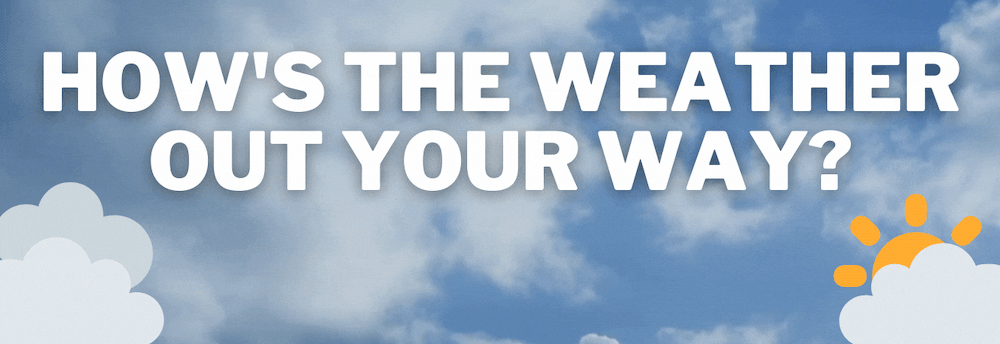Regional road speed limits tested in parliamentary hearing
Laura Williams
08 September 2022, 9:10 PM
 Variable speed limits were a heavy feature of the discussion. (Image: Transport for NSW)
Variable speed limits were a heavy feature of the discussion. (Image: Transport for NSW)Yesterday’s hearing in NSW Parliament as part of the Inquiry into Speed Limits and Road Safety in Regional NSW was damning on some players, as a handful of council staff from regional shires across the state came to the table with a myriad of concerns.
Speed limits around unattended road works was one of the first items up for discussion at the Inquiry's only scheduled public session on Thursday 8 September, with committee members hearing from council representatives from Leeton through to the Mid Coast that constant low speed zones would only lead to negligence from drivers.
MidCoast Council transport team leader Richard Wheatley said motorists are likely to ignore speed limits where work isn’t being done.
“We go through so many worksites where the work is finished for the day or weekend and the 40km speed limit is still there. The road pavement hasn’t changed,” Mr Wheatley said.
“I understand the safety for the workers but when they’re not there…certainly increase it to at least 60, give some relevance to motorists…you are reducing the safety of workers if drivers don’t believe the speed is relevant,” he said.
When asked why councils don’t enforce that speed limit zones be returned when road works aren’t in action, Mr Wheatley said they have little control over road work contractors, and that when asked, roadwork crews often say it’s unnecessary extra work.
“Work crews say ‘well if we leave the 40 (km/hr sign) out, if (drivers) have an accident then they say they must have been speeding’,” Mr Wheatley said.
The council also suggested a default speed limit of 70km on unsealed roads, as opposed to the existing 100km with the expectation that drivers drive to road conditions.
The suggestion contradicts what many locals of Western NSW had in mind, according to Member for Barwon Roy Butler, who is the sole Shooters Farmers Fishers Party member on the nine-person committee of inquiry.
Mr Butler explained that there had been calls to consider raised speed limits on long, empty and straight roads that run through the electorate.
“I’m interested in lowering that as a hard limit or whether educating on driving to conditions should be a priority,” Mr Butler said in response to the suggestion discussed at today's hearing.
The proposal involves lowering all unsealed roads to 70km by default, and then reassessing more isolated roads in places like Western NSW, which may be eligible for higher speed limits.
Mr Butler said that the change wouldn’t be efficient for Barwon locals.
“If you think about the complexity of changing speed limits on every single dirt road, if it takes you months now to get a review on speed limits, I just wonder how long it’s going to take to put a different speed limit on every dirt road, as opposed to an education campaign,” Mr Butler said.
On sealed highways, Michael Nieuwesteeg from Austroads said increasing speed limits couldn’t be done safely without implementing technology in cars and on roads.
“Increase speed, increase trauma. Decrease speed, decrease trauma," Mr Nieuwesteeg said.
“If you want to provide that higher speed, you’ve got to provide the infrastructure to go with it…it can be done,” he said.
Other concerns raised in the hearing included waiting times for the approval to change a speed limit of up to a year, and strategies to better enforce speed limits.
The Inquiry received just 69 submissions by the due date of 5 July from local government, peak bodies and individual community members across the state after being self-referred by Parliament on 31 May and advertised on 1 June 2022.




